知彼知己,百戰不殆;不知彼而知己,一勝一負;不知彼,不知己,每戰必敗
The statements above were the most famous quotes of all times, for it was used not only in war, but only competition and businesses. So what it means?
· But if you know yourself and not your enemy, then you can win a battle and lose another
· If you know neither yourself nor your enemy, then you will simply be defeated
This is a basic knowledge for generals in Ancient China. To know yourself, identify your strength and weakness. To know the enemy, usage of spies and scout mostly and essentially needed. One must learn from the previous battle through reconnaissance.
Find the strengths and weaknesses of both you and your enemy and compare them. So who have more strength or weakness? If the enemy is very strong, then avoid any battle. If the chances of winning are high for you, then continue and defeat the enemy.
In battle, when dealing with the enemies, identify the enemy’s formation and find the strength and weakness. If the formation is complex and extraordinary, then avoid battle. If the enemy’s morale is high, avoid fighting with them. If there is a flaw in the enemy’s arrangement, then attack them to break their formation. Even though a general knows the enemy very well, he/she must never underestimate a weak enemy or lower his/her guard down.
Knowing your enemy also means knowing the names of the enemy’s generals. In the Battle of the Red Cliff, Zhou Yu knew that Cai Mao and Zhang Yun have just surrendered to Cao Cao, therefore he wrote a fake letter talking about the secret alliance with Cai Mao and Zhou Yu. When Cao Cao found it, he immediately executes the two generals. The strategy was known as “Kill with a borrowed knife”


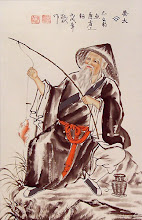
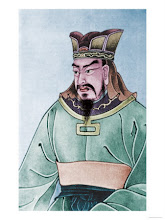
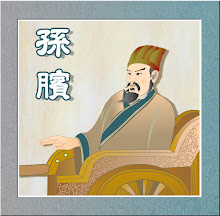
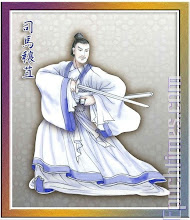
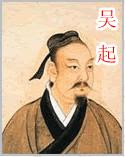
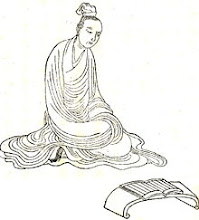

No comments:
Post a Comment